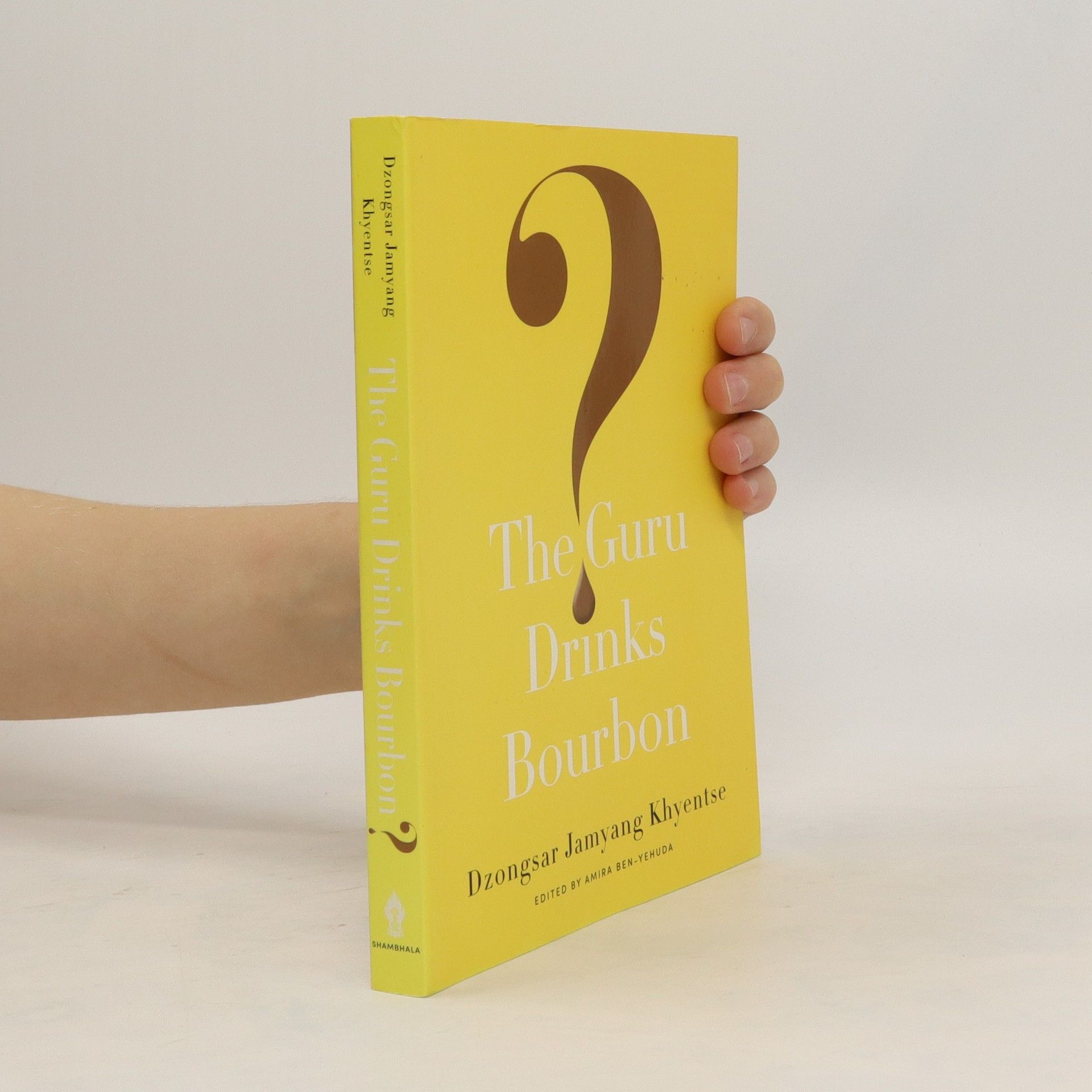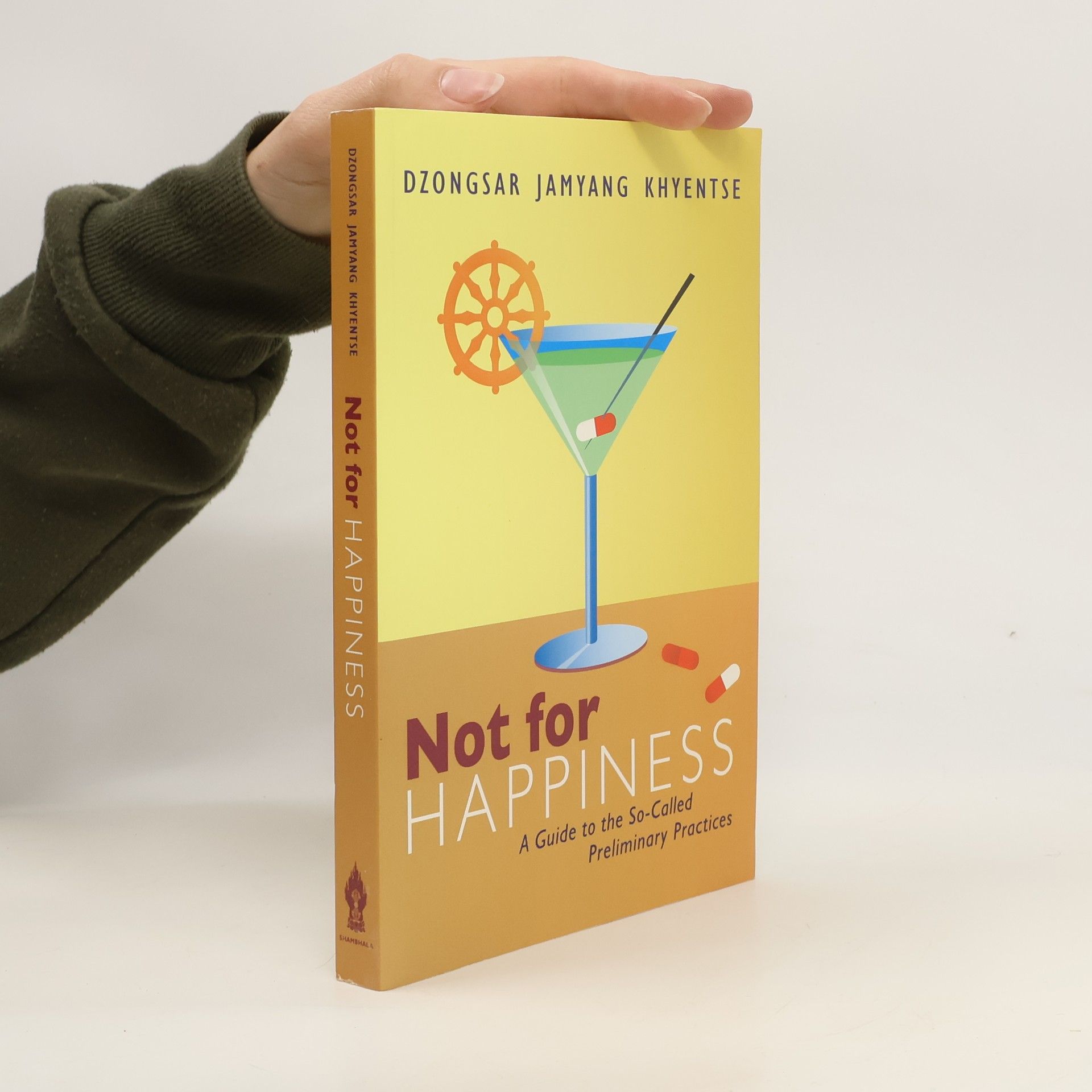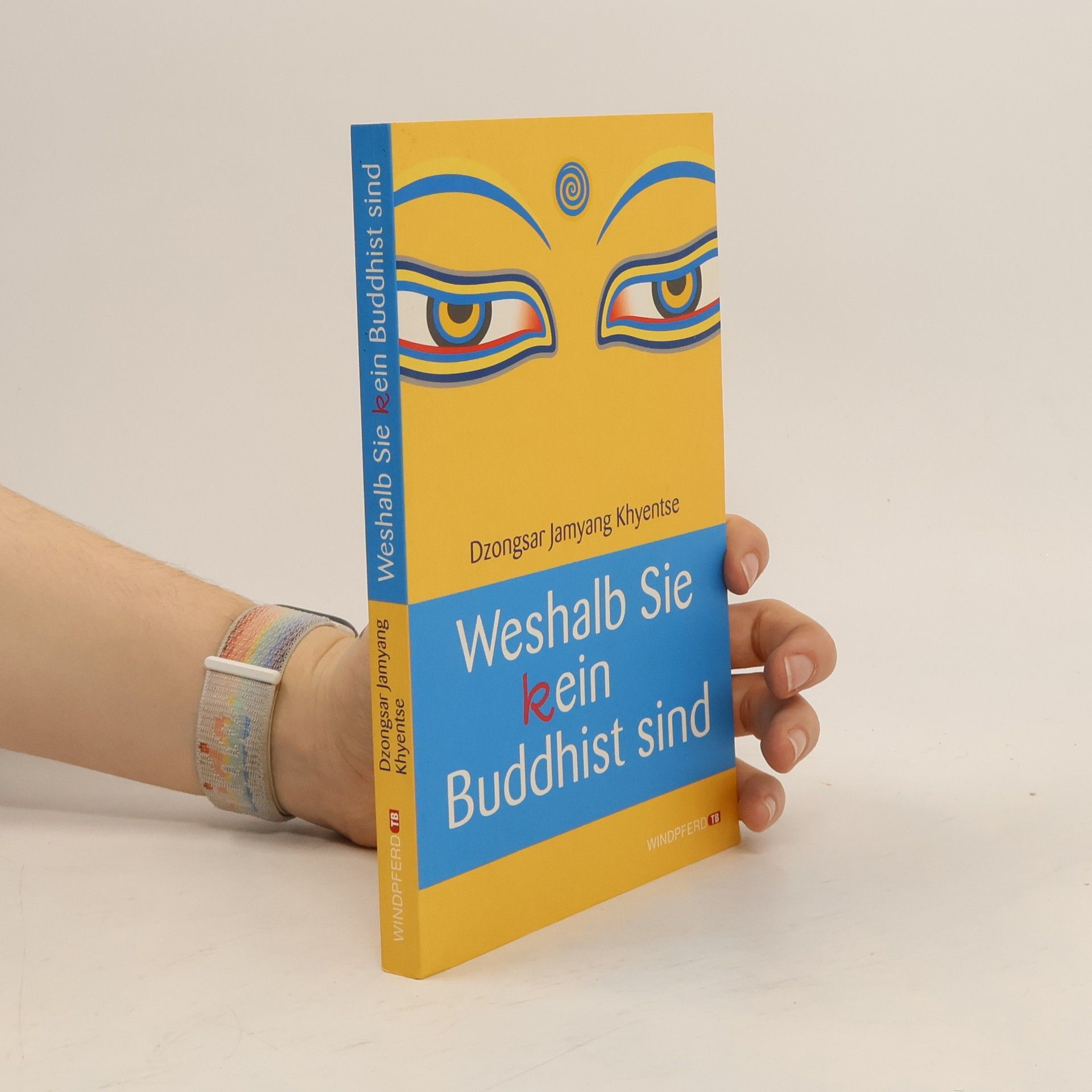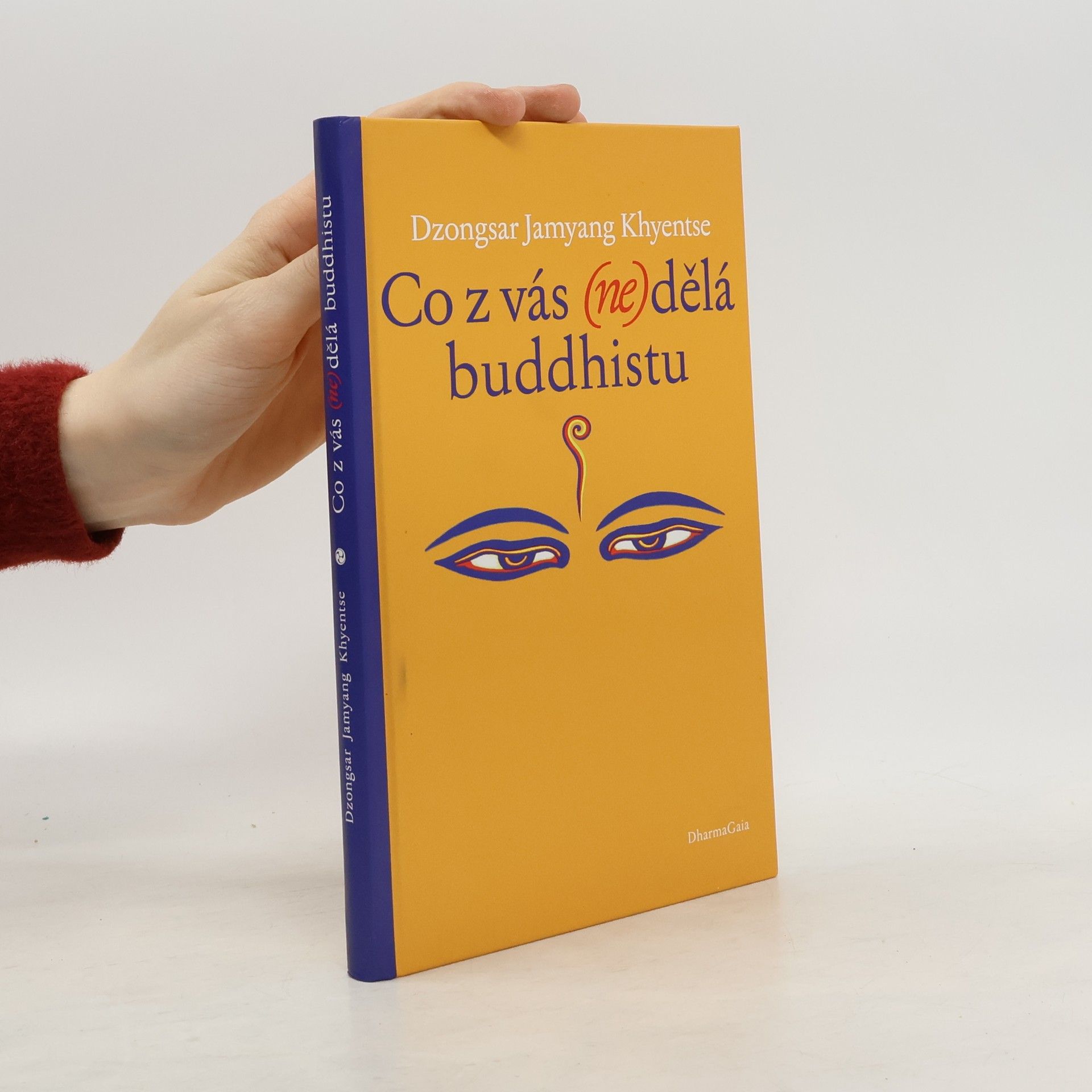The anthology presents twenty translations from Buddhist literature, highlighting ancient wisdom relevant to contemporary challenges. Peter Skilling, a leading expert on Buddhist texts, illuminates themes of impermanence and anxiety, reflecting on the timeless insights of the Buddha. Through translations from Tibetan, Sanskrit, and Pali, he reveals the rich history and significance of these teachings. This collection serves as a vital resource, offering profound guidance for navigating today’s turbulent times and making the teachings accessible to English readers.
Dzongsar Jamyang Khyentse Rinpoche Reihenfolge der Bücher (Chronologisch)
Dzongsar Jamyang Khyentse Rinpoche ist ein angesehener buddhistischer Lehrer und Filmemacher, der sich der Bewahrung und Verbreitung buddhistischer Lehren widmet. Seine Arbeit konzentriert sich auf das Verständnis von Weisheit und Mitgefühl in der heutigen Welt. Durch die Gründung von Bildungseinrichtungen und seine Filmarbeit macht er tiefgründige buddhistische Konzepte einem breiteren Publikum zugänglich. Sein Ansatz basiert auf umfassendem Studium und Praxis unter der Anleitung führender Meister.







Living is Dying
- 160 Seiten
- 6 Lesestunden
An insightful collection of teachings about death and dying to help face life's greatest mystery calmly and with equanimity. Lifetimes of effort go into organizing, designing, and structuring every aspect of our lives, but how many people are willing to contemplate the inevitability of death? Although dying is an essential part of life, it is an uncomfortable topic that most people avoid. With no idea what will happen when we die and a strong desire to sidestep the conversation, we make all kinds of assumptions. Living Is Dying collects teachings about death and the bardos that have been passed down through a long lineage of brilliant Buddhist masters, each of whom went to great lengths to examine the process in minute detail. Renowned author and teacher Dzongsar Jamyang Khyentse responds to the most common questions he's been asked about death and dying--exploring how one prepares for death, what to say to a loved one who is dying, and prayers and practices to use as a handhold when approaching the unknown territory of death. Whether you are facing death today or decades from now, preparing for it can help to allay your worst fears and help you appreciate what it means to be truly alive.
Devotion to one’s teacher is the lifeblood of the Vajrayana path. Because the guru can and will use whatever means it takes to wake us up, this relationship may require us to drop our most deeply held beliefs and expectations. Dzongsar Jamyang Khyentse addresses some of the most misunderstood aspects of this powerful relationship and gives practical advice on making the most of this precious opportunity for transformation. Through stories and classical examples, he shows how to walk the path with eyes wide open, with critical-thinking skills sharpened and equipped to analyze the guru, before taking the leap.
From the author of What Makes You Not a Buddhist comes a fresh look at the foundations of Tibetan Buddhist practice, with practical advice and guidance for the modern practitioner Do you practice meditation because you want to feel good? Or to help you relax and be “happy”? Then frankly, according to Dzongsar Jamyang Khyentse, you are far better off having a full-body massage than trying to practice the Dharma. Genuine spiritual practice, not least the Ngöndro preliminaries, will not bring the kind of comfort and ease most worldly people crave. Quite the opposite, in fact. But if your ultimate goal is enlightenment, Ngöndro practice is a must, and Not for Happiness your perfect guide, as it contains everything an aspiring practitioner needs to get started, including advice about: • Developing “renunciation mind” • Discipline, meditation and wisdom • Using your imagination in visualization practice • Why you need a guru
Dzongsar Jamyang Khyentse, provokující učitel, významný filmař, umělec a spisovatel, je jedním z nejkreativnějších a nejinovativnějších tibetských buddhistických učitelů naší doby. Jeho kniha Co z vás (ne)dělá buddhistu nás vybízí ke zkoumání našich základních předpokladů a vžitých představ. S neobvyklou intenzitou a originalitou čtenáři předkládá esenci buddhismu formulovanou do čtyř bodů – čtyř pečetí buddhismu – a základní principy buddhismu vysvětluje přístupnou formou, které může porozumět každý.
Weshalb Sie (k)ein Buddhist sind
- 160 Seiten
- 6 Lesestunden
Khyentse geht hier auf Abstand zu den konventionellen Darstellungen der buddhistischen Lehren und fordert seine Leser heraus, sich erst einmal klar darüber zu werden, was Buddhismus eigentlich ist, bevor sie sich selbst als Buddhisten bezeichnen. Voller Witz und Ironie drängt er sie, über das oberflächliche Drum und Dran des Buddhismus hinauszugehen - das schwärmerische Hängen an Gebetsketten, Räucherwerk und exotischen Lehrern in malerischen Gewändern - und direkt in den Kern dessen einzudringen, was der Buddha gelehrt hat (Verlagstext).

